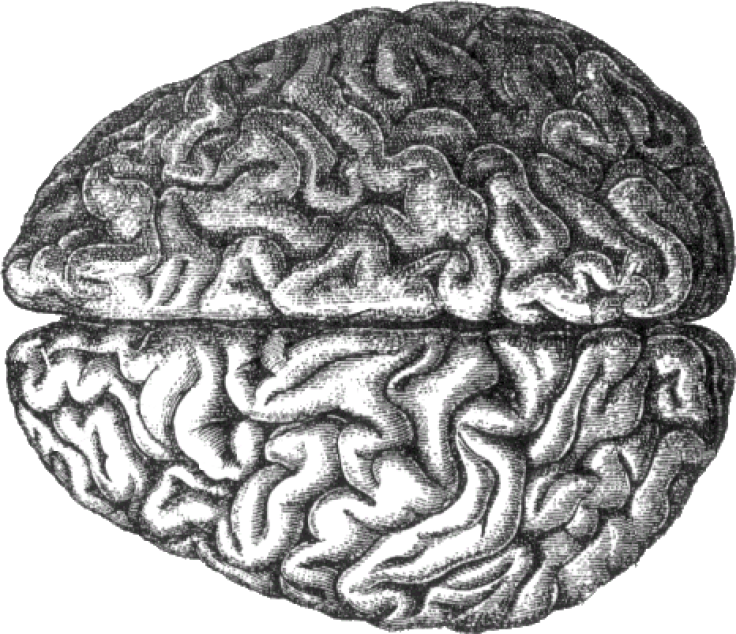Throwing Out The Garbage: Cancer Drug Clears Toxic Proteins From The Brain

A treatment for leukemia might also make an effective treatment for Parkinson's disease, according to a new study published in Human Molecular Genetics.
Researchers at Georgetown University Medical Center were seeking out a way to force neurons to clear out the toxic proteins that can build up and cause diseases like Parkinson's, Alzheimer's, Huntington's, and ALS, according to a Georgetown press release. The cancer drug nilotinib, which is used to treat chronic myelogenous leukemia, works by forcing cancer cells into a process called autophagy, where they self-cannibalize and die. So the researchers thought that perhaps small doses of the drug could force just enough autophagy in neurons for the cells to get rid of malfunctioning proteins, Georgetown adds.
""This drug, in very low doses, turns on the garbage disposal machinery inside neurons to clear toxic proteins from the cell," says senior author Charbel Moussa in a statement. "By clearing intracellular proteins, the drug prevents their accumulation in pathological inclusions called Lewy bodies and/or tangles, and also prevents amyloid secretion into the extracellular space between neurons, so proteins do not form toxic clumps or plaques in the brain."
The team studied mice engineered to over-express a Parkinson's related protein called alpha-Synuclein, treating them with nilotinib. They found that the drug successfully cleared accumulations of alpha-Synuclein in the mice, and that the treated mice had an improvement in movement and functionality, compared to the untreated mice, Georgetown says.
Moussa believes that the use of nilotinib early on in the development of a neurodegenerative disease might be an effective treatment. He is planning a human trial of the drug in patients with disorders connected to a build-up of alpha-Synuclein, including Parkinson's, the press release adds.



























